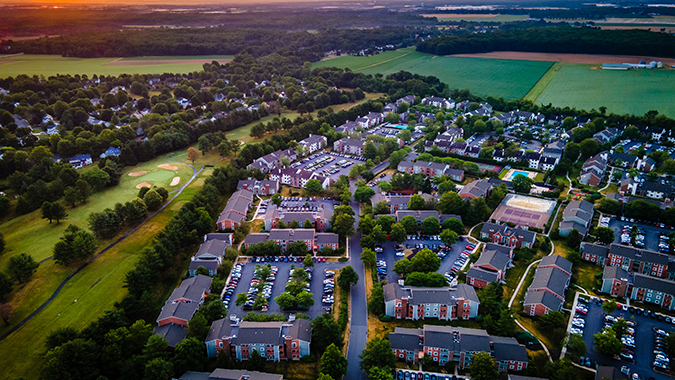NJBIA President & CEO Michele Siekerka told News 12 on Sunday the governor’s plan to return New Jersey’s top corporate tax rate to 11.5% will cause the state’s largest employers to deploy workforce, research and facility investments outside of New Jersey.
“It’s all about future investments,” Siekerka told New 12’s "Power and Politics” host Eric Landskroner. “When they create the next 10, 100 or 1,000 jobs they’re going to scratch their heads about whether they’re going to put that in New Jersey.
“We’re going to have quiet quitting when companies don't grow here because they own assets outside of New Jersey,” Siekerka said. “They own assets in our competing states like Pennsylvania, Delaware, down south in Texas, Tennesse, Florida, Georgia ... that’s where they’re going to put those future investments.”
The clip can be found here and scroll to the 11-minute mark.
Gov. Phil Murphy has asked the Legislature to approve a permanent, retroactive 2.5% corporate transit fee on the state’s largest employers to replace the temporary 2.5% Corporation Business Tax surcharge that expired in January. The return of the 2.5% tax on top of the existing 9% CBT would give New Jersey the highest rate in the nation at 11.5%
Landskroner asked Siekerka for her response to the governor’s statement on a recent News 12 program that the corporate transit fee was represented a “tax cut” for most New Jersey corporations because it impacts fewer companies than the former CBT surcharge.
“That is a misleading statement,” Siekerka replied. “Because a (temporary) surcharge was just that. It was a four-year commitment on the part of these companies to give more than they needed to in order to help with budget gaps over those four years.”
In fact, the temporary CBT surcharge was originally supposed to sunset in 2021, but because of the COVID-19 pandemic was extended two more years. The governor had steadfastly supported the sunset of the surcharge on Dec. 31, 2023, as necessary for economic growth – until he suddenly reversed his position three months ago.
“The issue here is not just that it’s a broken promise,” Siekerka said. “The problem is that companies – especially our largest job-creators in the State of New Jersey – need predictability when they plan ... when they make long-term investments.
“So, these companies come into 2024 on the promise that the (surcharge) was going to sunset,” she said. “They set budgets and they set sightlines and future investments based on that. And now here we’re being told that come July 1, we’re going to come recapture that 2.5% back that they didn’t contemplate putting into their budgets.
“They had other opportunities for that ... (investments) into their workforce, their facilities, infrastructure, investment in technology – all of the things we want them to do to grow here in the State of New Jersey,” Siekerka said.




